NHLBI
-

Gene variant and glucose metabolism
Genetic variation that impacts glucose- and insulin-related signaling affects responses to type 2 diabetes treatments and warrants further study. Read MoreFeb 18, 2021
-
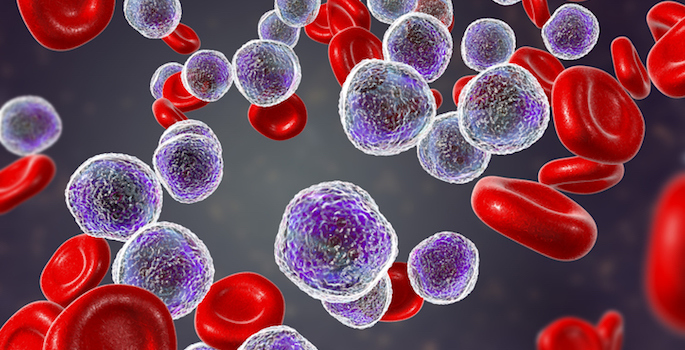
An interacting factor in leukemia
A blood stem cell protein plays a role in the initiation and progression of leukemia, Vanderbilt researchers have found. Read MoreJan 25, 2021
-

Mitochondrial stress and hypertension
Oxidative stress and toxic products called isolevuglandins in mitochondria play a role in endothelial dysfunction and hypertension — and getting rid of them with a special “scavenger” molecule has therapeutic potential. Read MoreJan 12, 2021
-

Polymer protection for heart muscle
Vanderbilt researchers demonstrate that the polymer P188 has promise as a therapy to prevent reperfusion injury — the cellular damage that occurs when blood flow returns after an ischemic event like a heart attack. Read MoreDec 14, 2020
-

Exploiting viral vulnerabilities
The isolation of human monoclonal antibodies against dangerous viruses including EEEV, Hendra and Nipah could offer new ways to treat and prevent these infections. Read MoreDec 10, 2020
-

Study details early events of inflammatory response
Vanderbilt University Medical Center investigators have identified a key molecular player in the early events of the inflammatory response to infection. The findings suggest new therapeutic possibilities for enhancing the inflammatory response to protect against pathogens and for blocking inflammation gone awry in diseases like arthritis and atherosclerosis. Read MoreDec 10, 2020
-
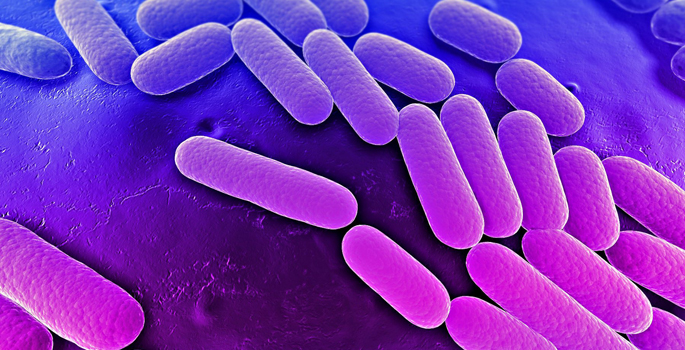
Probing pathogen antibiotic resistance
Understanding how bacteria evolve resistance to antibiotics and host stresses could guide the development of more effective antimicrobial therapeutics. Read MoreSep 17, 2020
-

Salt, immune cells and hypertension
Excess dietary salt activates immune cells to induce inflammation and hypertension, supporting current recommendations for low sodium consumption. Read MoreAug 20, 2020
-
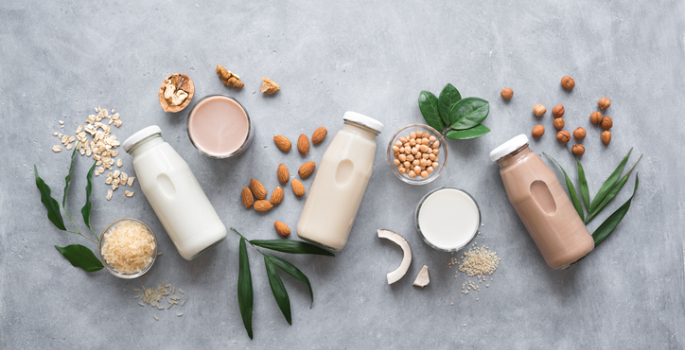
Soy food, metabolism and the microbiome
Consumption of soy foods may shape the microbiome and protect against hypertension only in individuals with soy-responsive microbiota, Vanderbilt researchers have discovered. Read MoreJul 27, 2020
-
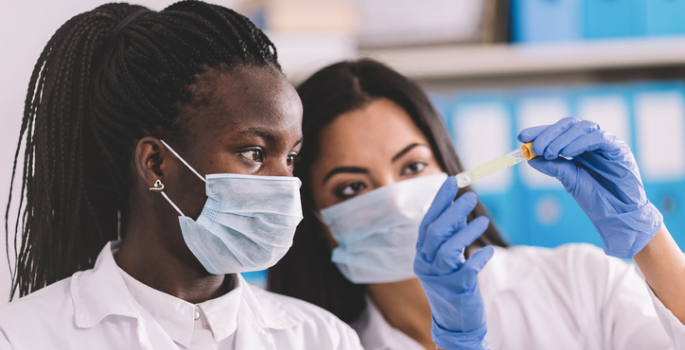
VICTR named to key role to streamline COVID-19 research response
The Vanderbilt Institute for Clinical and Translational Research (VICTR), which provides comprehensive support for clinical and translational research at Vanderbilt University Medical Center (VUMC), has been named Administrative Coordinating Center (ACC) of a national effort to streamline the research response to life-threatening lung and heart problems caused by COVID-19. Read MoreJun 24, 2020
-

Robotic technology speeds arrhythmia gene classification
Vanderbilt University Medical Center investigators have used high-throughput robotic technology to rapidly study and classify variations in a gene linked to heart rhythm disorders and cardiac conditions. Read MoreJun 12, 2020
-
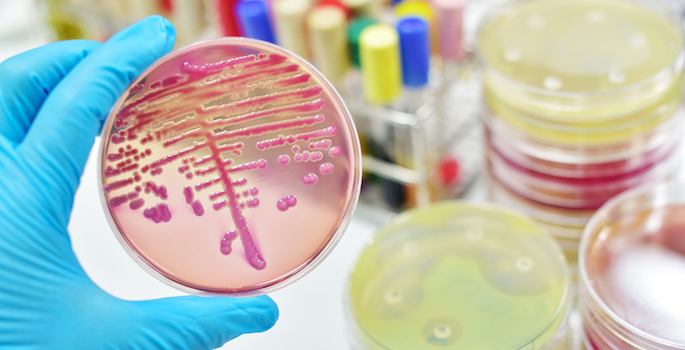
Staph’s activation of blood clotting
Staph bacteria may change the factor they use to activate blood clotting — to evade the immune response — a new study suggests. Read MoreJun 9, 2020
-

Probing innate immunity
Manuel Ascano team validates an inhibitor of the cGAS-STING signaling pathway, which is important for cellular innate immunity against bacteria, viruses, and our own damaged DNA. Read MoreMay 19, 2020
-

A dual-purpose metabolic switch
John York and colleagues have demonstrated that the protein Vip1 is a rare type of bifunctional enzyme: it can both synthesize and destroy key cellular signaling molecules. Read MoreMay 5, 2020
-

EHRs, biobanks and Mendelian diseases
Electronic health records and biobanks can be effectively combined to detect and study Mendelian diseases such as cystic fibrosis. Read MoreApr 30, 2020
-

‘Tuning’ cell shape for division
Dylan Burnette and colleagues have discovered that two forms of the molecular motor protein myosin have distinct roles in regulating cell shape during cell division. Read MoreApr 20, 2020
-

Study launched to test hydroxychloroquine as treatment for COVID-19
Vanderbilt University Medical Center is leading a clinical trial to understand if a well-known drug used for malaria and rheumatologic conditions is safe and effective in treating hospitalized adults with COVID-19. Read MoreApr 10, 2020
-

Race, hormones and diabetes risk
Variation in the levels of hormones called natriuretic peptides may contribute to racial differences in susceptibility to diabetes, suggesting that this hormone system may be a target for reducing risk of the disease. Read MoreApr 8, 2020
-

Clues to lung injury in preterm babies
Jennifer Sucre and colleagues have discovered a factor that contributes to the pathological changes of bronchopulmonary dysplasia, the most common complication of preterm birth. Read MoreMar 5, 2020
-
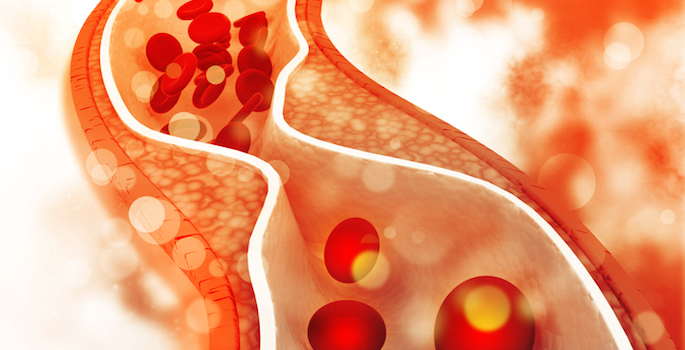
A new contributor to atherosclerosis
Sean Davies and colleagues are exploring lipid aldehydes produced during oxidative stress and their contribution to HDL dysfunction and atherosclerosis. Read MoreJan 27, 2020